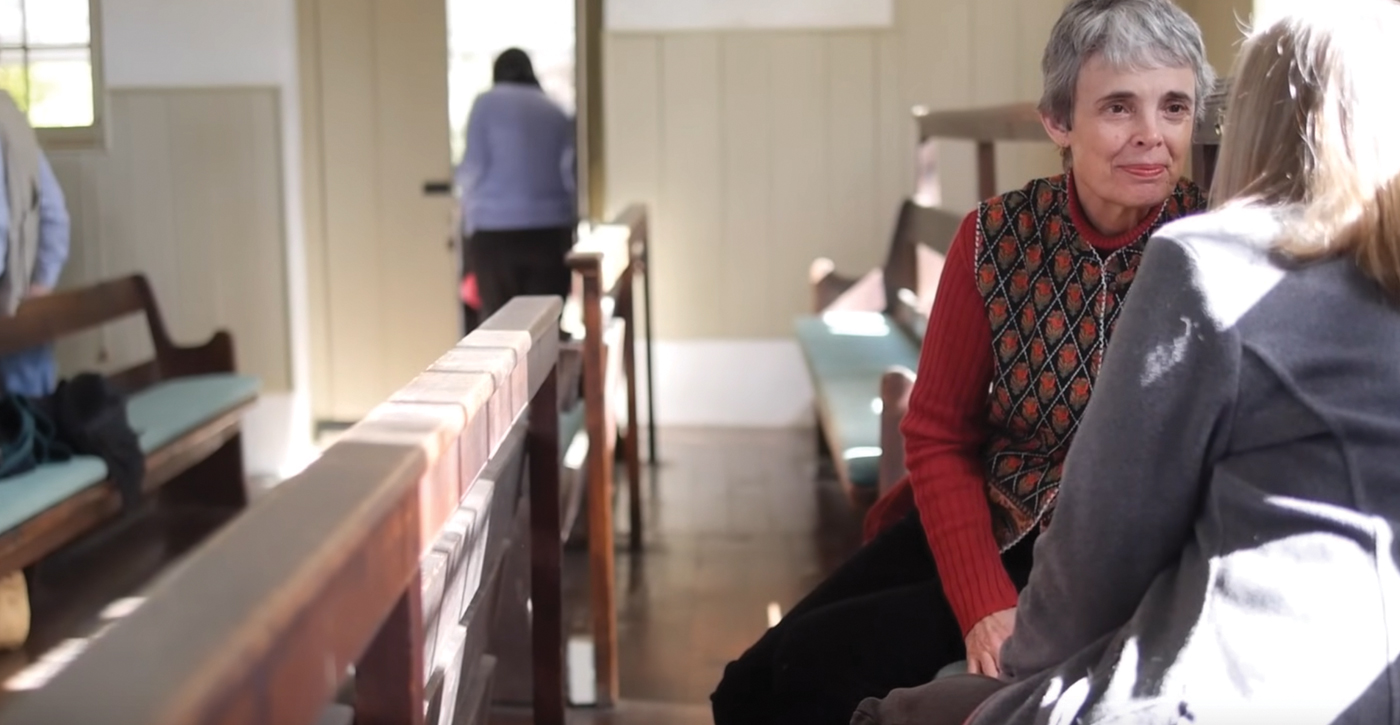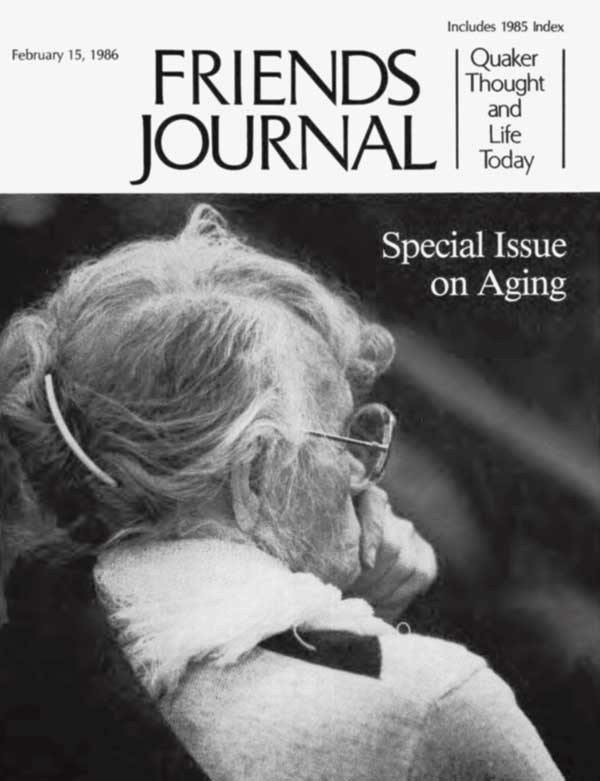Soon after I became involved in the Quaker faith, I was told that anytime Quakers meet, it is a meeting for worship. Meeting for business is meeting for worship with “attention” to business. It seemed to me that committee meetings would be worship with attention to a specific aspect of meeting life. Meeting for business and committee meetings are a form of programmed worship.
That’s what I thought, but it was not what I experienced in my early days of Quaker committee work. When I got to a Quaker committee meeting, we began with silence, ended with silence, and had a discussion in between. The discussion felt very much like any other discussion in a business or family setting. We came to decisions or developed a plan of action, but people interrupted each other, sometimes tempers flared, sometimes people seemed to dominate the discussion . . . all like the secular world. That was okay for me, but it puzzled me.
When I first became clerk of a committee, I conducted the meetings like I would if I had been a department head or a consultant responsible for a particular project. We worked through an ambitious agenda and we accomplished our goals, but something seemed wrong. I left the meetings feeling stressed, hollow, and often angry with people.
I set about to find out what a clerk was supposed to do for a Quaker committee. The conclusion I drew from reading Faith and Practice was that clerks are to listen and record. I decided that there must be more to it than that, so I signed up for the Pendle Hill workshop on clerking facilitated by Arthur Larabee. I found many answers at that workshop, and I was able to provide a more spiritual setting for the committee I was clerking at the time.
I realized that the problem I was encountering was that committee meetings and meeting for business are meetings for worship, but because we have tasks in front of us, we slip into solving problems as we would in the secular world.
I hesitated to use committee time to talk about the purpose and focus of worship in the committee meeting or to remind us that we were to follow the same guidelines as we would for worship, but I found ways to do so.
I began starting committee meetings with readings from the queries, from a passage from a book I had been reading, from a passage from Friends Journal , or other places. I also paused at the beginning of the meeting to let people talk about the state of their lives. I waited while people finished their thoughts and made sure that each person had an opportunity to speak.
This was hard for me to do because we had an agenda. We had things we needed to do. We had a specific time in which to reach decisions and make assignments.
When I put queries and time for personal reflection on the agenda for the meeting, we reached unity on later topics, people respected the “messages” of each other, individual committee members took more responsibility for tasks, and we left the committee meetings in peace.
Here are things that I remind myself whenever I clerk or attend a Quaker committee meeting:
- The purpose of meeting for worship is to listen to each other, to listen to God, and to deepen our relationship with God by deepening our love for each other.
- The purpose of a Quaker committee is to serve the needs of our meeting and to practice worship.
- The purpose of a committee is not necessarily to solve a problem quickly.
- We start committee meetings at a predetermined time and have an ending time in mind, though the meeting may go longer because of a late message. We must be patient with that last message.
- We come prepared to speak but not planning to speak (meaning, without a personal agenda).
- When someone “speaks my mind,” we do not feel obligated to repeat what she said.
- The messages of some people come quickly, in concise sentences, while others have a story to tell as they make their point. We must be patient as each person gives a message.
- If I am delivering a message, I must listen to God to know when to finish.
- We make better decisions when we meet to worship in person.
- “Parking lot meetings” or a series of phone calls behind the scenes can often derail process, though it may be appropriate to iron out some details through email or phone calls.
- An agenda may be one item or several items.
- The agenda must not be so full that we feel rushed to complete everything. Some items on the agenda may be postponed.
- We must reach unity, not consensus nor majority rule, in making our decisions or recommendations.
- The loudest voice might not reveal the Truth.
- The clerk’s job is to convene meetings, listen, and record.
- The clerk’s job is not to have all the answers and not to carry the load of the committee.
- All committee meetings do not require the same amount of time. With some committee work a series of short meetings combined with longer meetings quarterly help us meet our goals. For other committees short meetings will suffice.
- Most committee meetings, and certainly all four-hour meetings, must include time for food and fellowship.
- We can further prepare ourselves for the worship experience of Quaker committees by learning more about the corporate Quaker process through reading.
Suggested reading:
- PYM’s Faith and Practice, pages 21 through 28 and 177 through 178.
- Listening Spirituality, Volume 2 by Patricia Loring.
- The Quaker Method, by Howard H. Brinton, a Pendle Hill Pamphlet.



